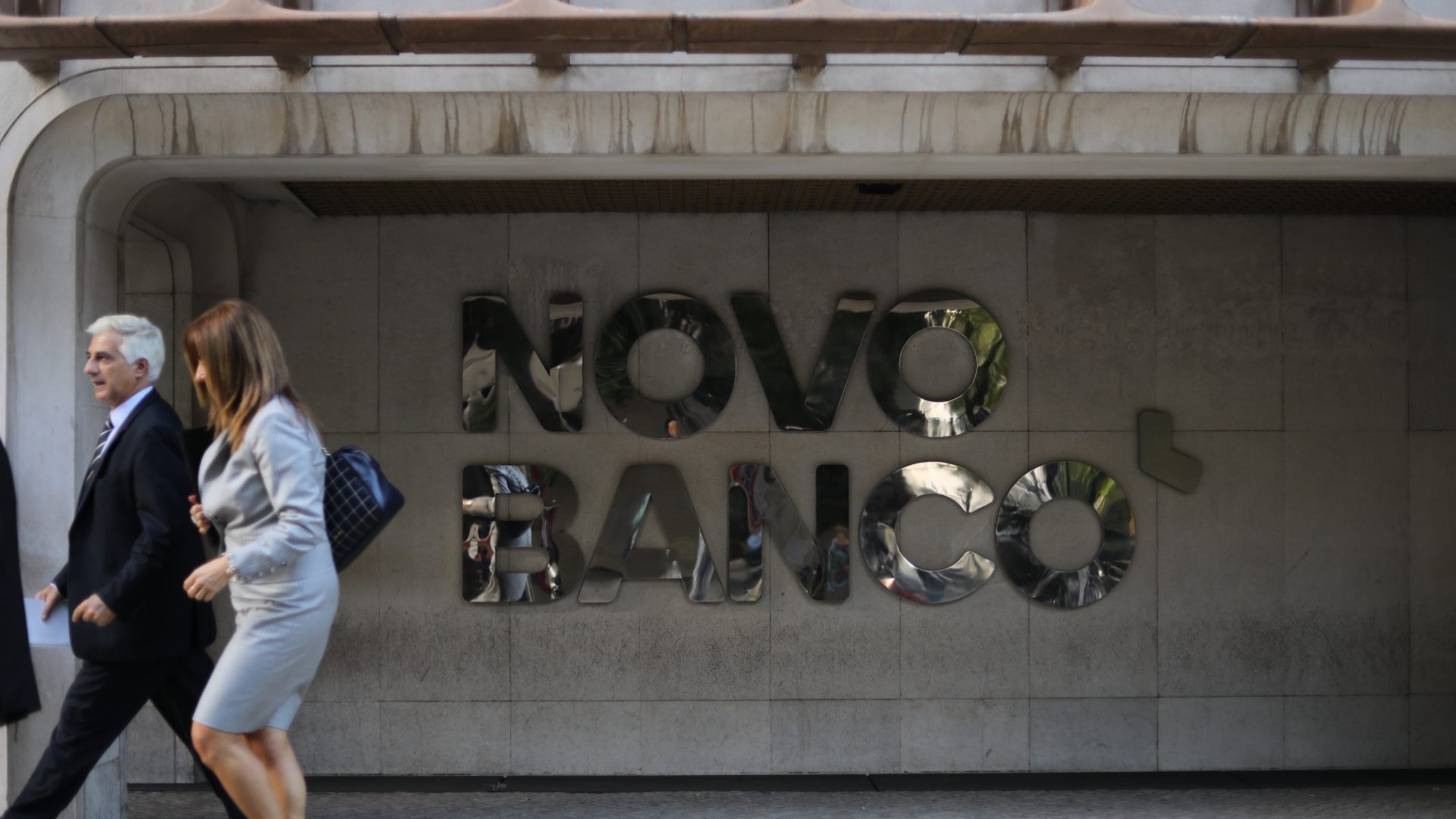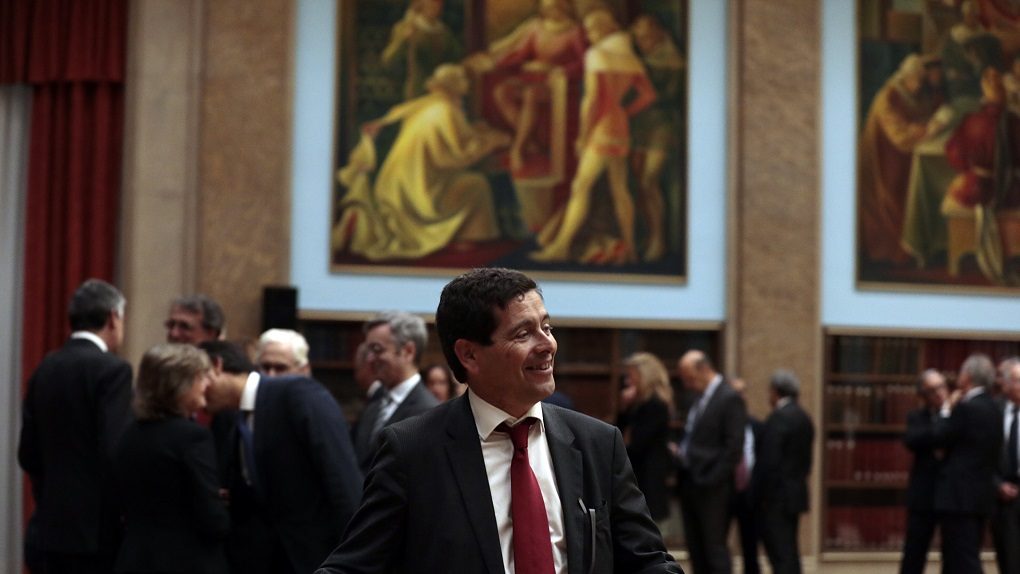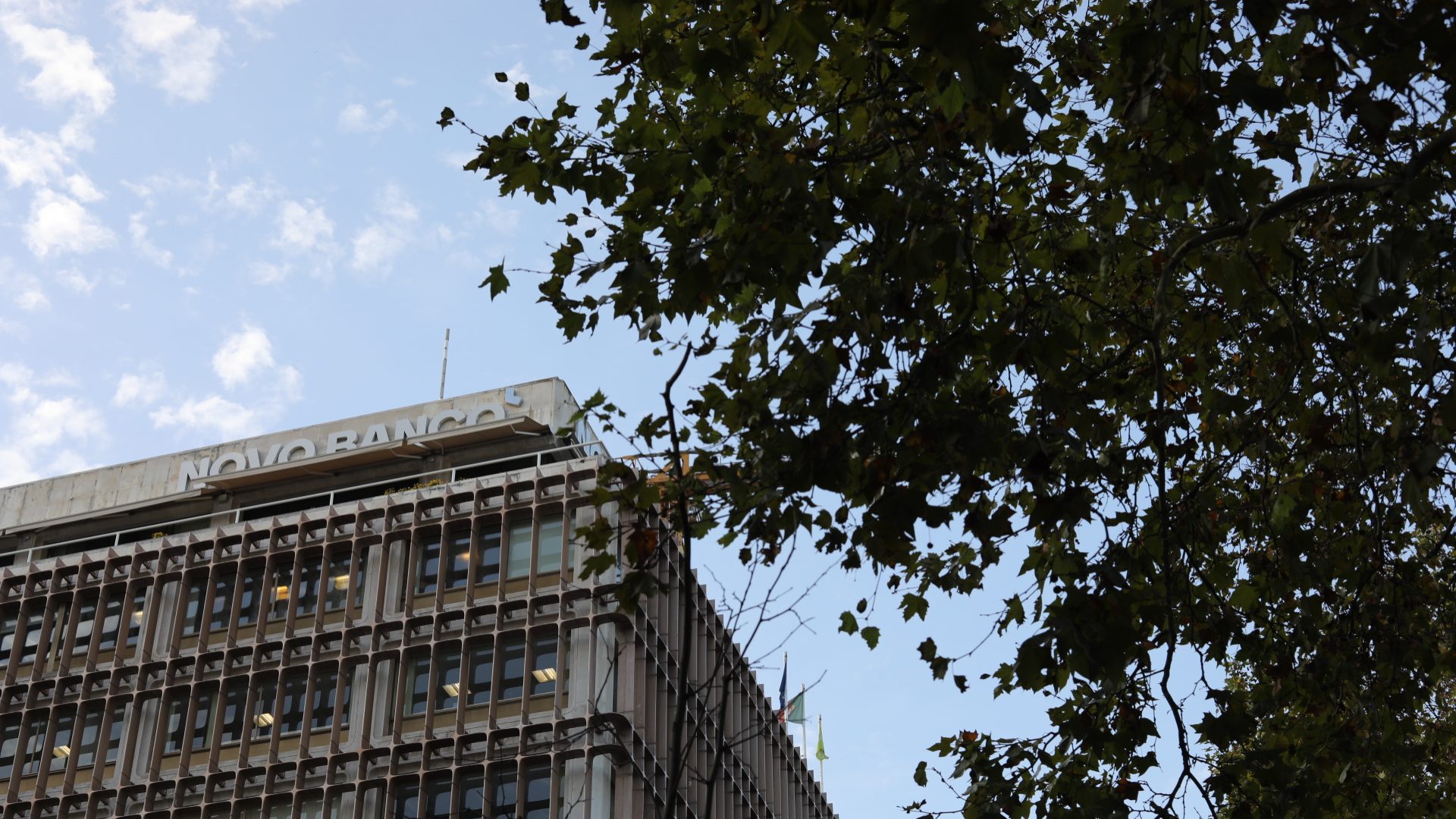Novo Banco alleges ‘gross errors’ in parliamentary inquiry report
The bank led by António Ramalho has pointed out what it described as "inaccuracies and gross errors" in the final report of the parliamentary committee of inquiry on the institution's management.
Novo Banco has pointed out what it described as “inaccuracies and gross errors” in the final report of the parliamentary committee of inquiry on the institution’s management, citing what it says are 16 false, 13 incorrect and 12 fallacious conclusions, and lamenting comments it contains relating to disagreements with the banking sector Resolution Fund.
In a document seen by Lusa, the financial institution – which was set up in 2014 to carry on the commercial banking business of Banco Espírito Santo, then Portugal’s largest non-state bank, which had been wound up after posting huge losses – analyses the conclusions of the report into losses registered by Novo Banco and attributed to the Resolution Fund “from a factual perspective relating to acts and omissions attributed” to the bank and mentioned in the report’s conclusions.
“It happens that some of the conclusions of the report have inaccuracies and in some cases, gross errors, so it is also our duty to notify the parliamentary committee of inquiry of this fact,” reads the document, which is signed by the bank’s CEO, António Ramalho.
Arguing that its analysis is justified by “methodological issues” and for the “better understanding of all”, Novo Banco outlines what it says are “errors, inaccuracies or lack of proven rationale” in three categories: false, incorrect and fallacious.
All told, the bank identifies 16 conclusions as false – where they “correspond to a total lack of adherence to the truth of the facts” – and 13 as incorrect – when they are “partially false or incomplete, not allowing an adequate judgment” of reality, in the bank’s view, while 12 are classed as fallacious – when they are “induced without any proof or requiring negative proof, which is known not to be able to be produced by the addressee.”
After identifying and justifying each of the cases, Ramalho adds a final note in which he laments the conclusions concerning the differences that arose between the Resolution Fund and Novo Banco, as these may be considered “an attempt to influence the jurisdictional decision-making mechanism that the parties have agreed between themselves.
“In Novo Banco’s opinion, if this fact does not contravene the rules of separation of powers, it does at least affect the impartiality expected of public authorities that … without a basis, make statements on the merits of situations that, precisely because they are at the litigation or pre-litigation stage, in relation to which Novo Banco cannot even exercise its adversary, nor would this be appropriate given the nature and object of the parliamentary commission of enquiry,” the document reads.
The final report of the parliamentary committee of enquiry was approved on 27 July, with only the members from the governing Socialist Party voting against and the conservative People’s Party (CDS-PP) abstaining.
The final vote came after Socialist member Fernando Anastácio’s resigned rapporteur because he did not agree with the final document, which resulted from the approval of several dozen amendments tabled by the various parties.


